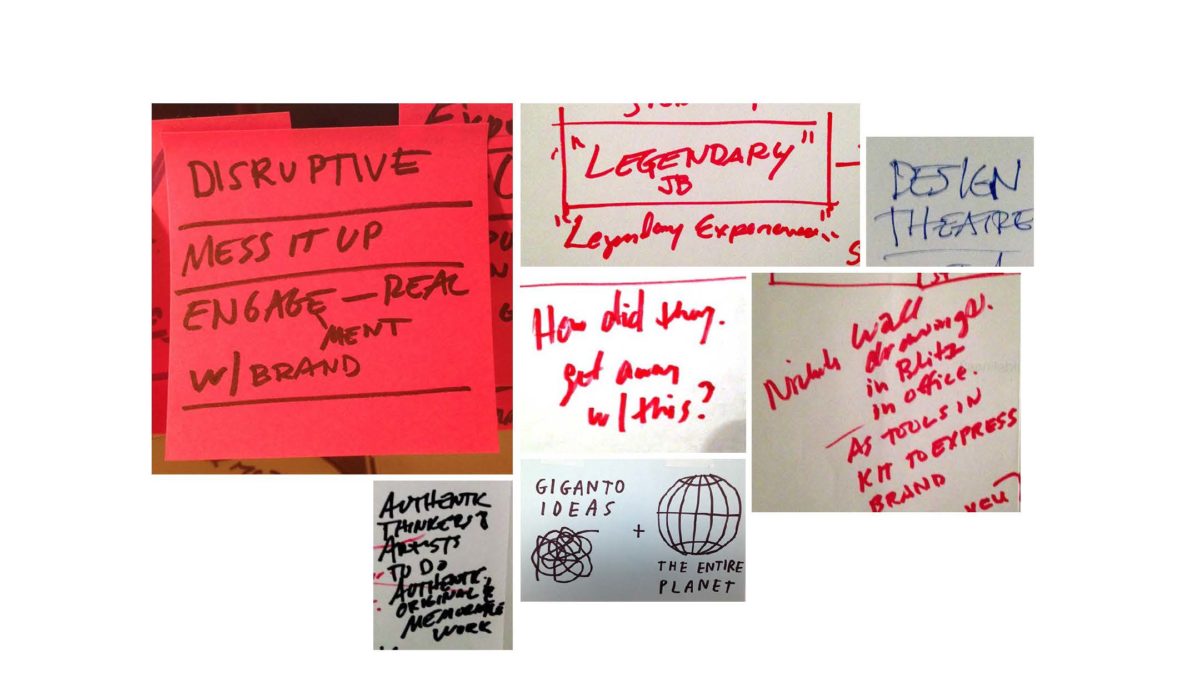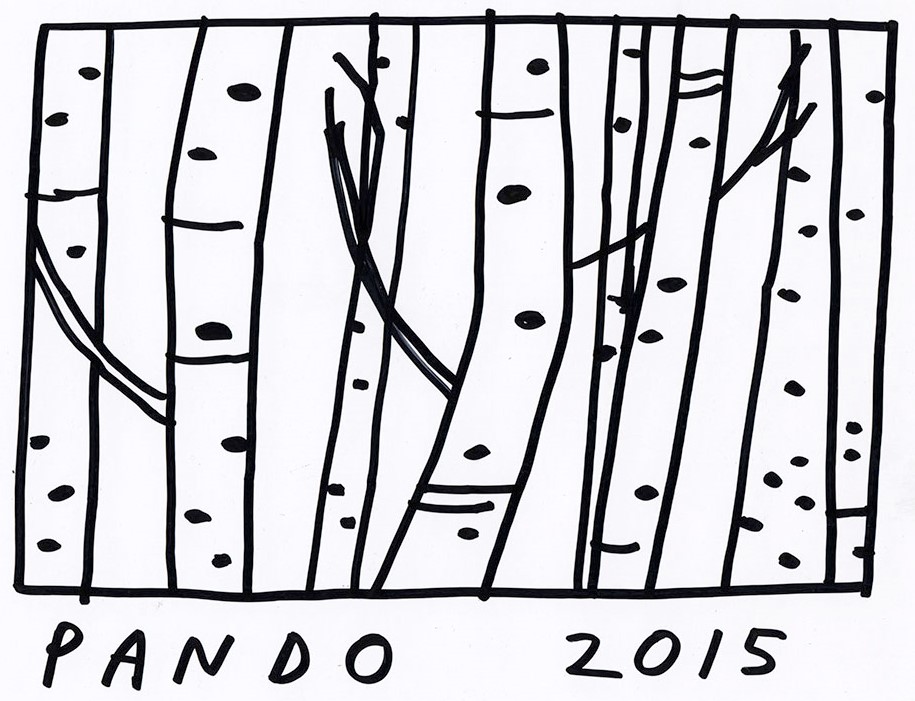Big ideas inspire our directions and help us change the world for the better.
Pando is about the bravest of our better angels working to muster and inspire the people who are imagining the unimaginable: A brighter and better future for the 10 million people who call LA home.
The Los Angeles County’s sustainability plan is a powerful regional statement that inspires us in practical ways as to what that “brighter and better future” might mean for the California Southland. At a global level, we are inspired by the U.N. Sustainable Development Goals.
From the humanities, the philosopher Alfred North Whitehead may have said it best when he wrote: “Every entity is only to be understood in terms of the way in which it is interwoven with the rest of the Universe.”
It’s the deep interconnectedness Whitehead names that motivates our dedication to think about the common good in the broadest terms — integrating the human side, such as jobs, justice, human rights and democracy, community-building and social trust with the ecological, such as climate, clean air and water, healthy soils, and biological flourishing.
The big ideas that inspire us assume the value of the soul, the existence of truth, and the reality of freedom, including the freedom of every individual and community to creatively imagine and self-determine the work they will do to bring about a different world than the one they inherited.
It’s a grounding that allows us to be hopeful even when optimism is in short supply.
Pope Francis uses the phrase “integral ecology” to describe his own holistic and values-oriented way of thinking about and responding to the range of 21st century challenges facing the world from across a broad ecological and social spectrum.
Pando’s founding board chair John Cobb believes that such an integrated Earth- and human-centered perspective can reinvigorate culture with a critique that’s applicable across all modern systems — capitalist, socialist, democratic, or authoritarian. He uses the phrase “ecological civilization” to describe the idea. Although he picked it up in China (hoping in part to speak to a Chinese audience about these matters), his use of the phrase goes much deeper and offers far more profound and fundamental ideas than any policy reference or political slogan; he aims to suggest rethinking civilization itself along ecological lines.
The Dalai Lama puts it this way, “We share the earth not only with our fellow human beings, but with all the other creatures.”
The Rev. Dr. Martin Luther King, Jr. sums up: “It really boils down to this: that all life is interrelated. We are all caught in an inescapable network of mutuality, tied into a single garment of destiny.”
From the arts and humanities to regional and global sustainability plans, intellectual tools are emerging that offer civil society robust opportunities for broad, independent criticism and renewal. To the extent such tools are distinguished and valuable, it is for the way they challenge us boldly to regard the Earth and its people as an interconnected whole. They inform and animate civic engagement by breaking down silos of division, including silos between facts and values, thought and action.
The one-tree forest named Pando, with 47,000 trunks over 100 acres stemming from a single root system, symbolizes the kind of deep interconnectedness on which such an orientation is grounded.

Our founding conference, held June 4-7, 2015 on the campus of Pomona College in Claremont, California, was titled “Seizing an Alternative” and attracted some 1,600 people.
With Cobb as intellectual architect, the conference was organized around the idea that there is an alternative to modern industrial life, and that in order to avoid catastrophic conditions we must seize an alternative way of thinking and living. That “alternative” is an ecological worldview.
For many years, pockets of activity have organized to reduce climate change, save endangered species, curb poverty, cap the influence of financial markets, bring about democratic accountability, reduce militarism, and so on.
What is missing is a new paradigm that integrates these various concerns and activities and sets them in the context of a broader vision.
Such was the work of philosophers up until the 20th century. But today, many have given up the task of thinking holistically about the world, or proposing anything like new foundations for a civilization that takes us in a different direction. And few attempt to integrate thought with action.
Some, however, have long believed that a new, more ecological way of living in the world is needed, and the time for invigorating it is now.
